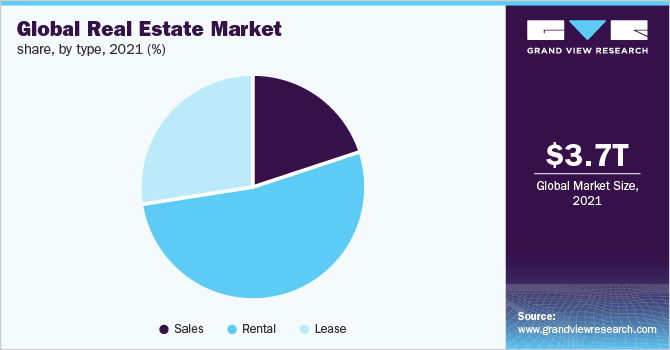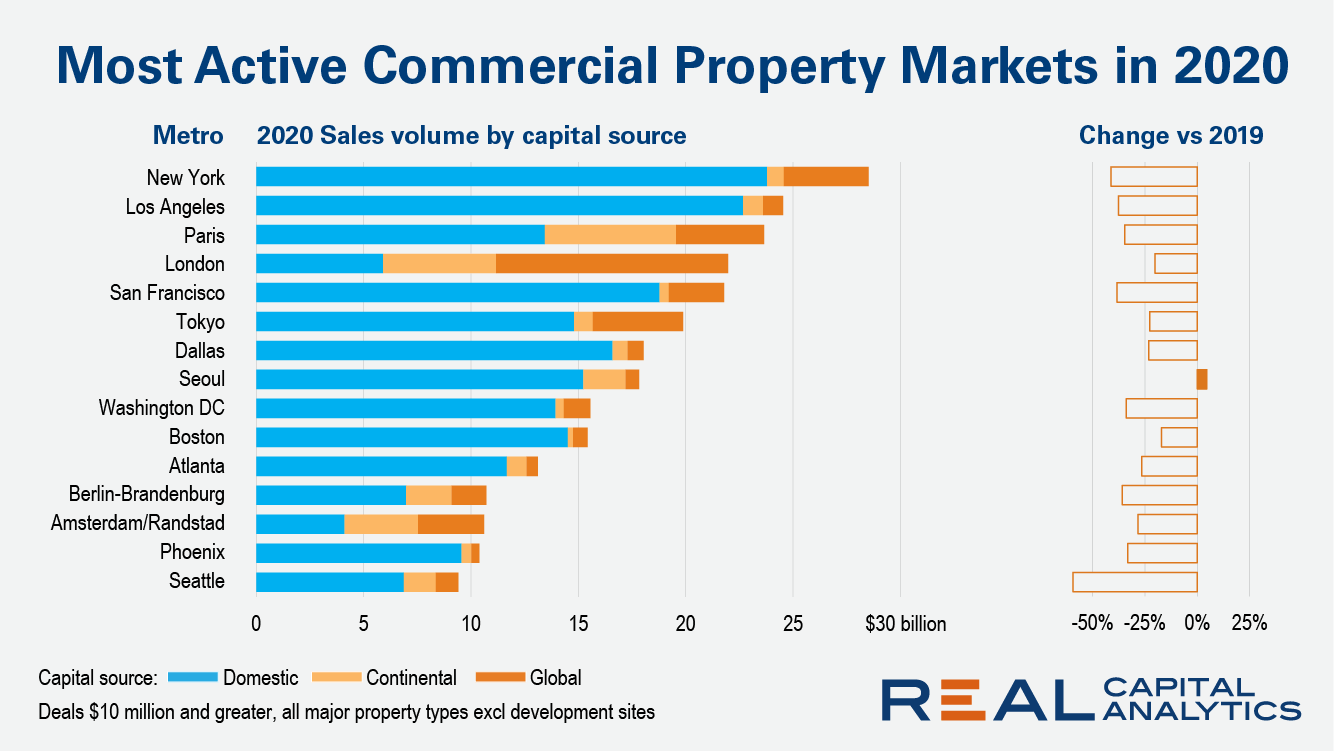International Real Estate Markets: A Comprehensive Guide to Global Investment Opportunities
The international real estate market has always been an attractive sector for investors seeking lucrative returns, portfolio diversification, and long-term value. Whether you’re considering entering the market for the first time or expanding your existing portfolio, understanding the dynamics of international real estate markets is crucial. In this article, we will explore the intricacies of global real estate, factors affecting international markets, and strategies for successful investment.
What is the International Real Estate Market?
The international real estate market refers to the buying, selling, and leasing of properties across different countries and regions. This market encompasses a wide range of property types, including residential, commercial, industrial, and agricultural real estate. Investors and developers look for opportunities in international markets to capitalize on price fluctuations, growth potential, and diverse investment opportunities.
Given the complexity and diversity of markets across the globe, international real estate investment requires a deep understanding of local conditions, regulations, and economic trends. Unlike domestic real estate, international markets come with additional considerations such as currency exchange risks, political stability, and varying legal frameworks.

Why Invest in International Real Estate?
1. Diversification of Investment Portfolio
One of the key reasons for investing in international real estate is portfolio diversification. By spreading your investments across different regions, you reduce the risk of relying solely on your home market. Geopolitical and economic fluctuations in one country may not necessarily affect the same way in another, offering a level of risk mitigation.
2. Access to High-Growth Markets
Many regions around the world present tremendous growth opportunities. Emerging markets, in particular, offer investors the chance to acquire properties at lower prices, with the potential for significant capital appreciation. As countries grow economically, urbanize, and increase their middle-class populations, the demand for real estate typically increases, leading to higher property values.
3. Currency Hedging
Investing in properties across different countries also provides a natural currency hedge. Currency values fluctuate, and owning assets in foreign currencies can provide protection against your home currency’s devaluation. This strategy is particularly useful for investors in countries with unstable or volatile currencies.
4. Capital Appreciation and Passive Income
Real estate is known for its potential for capital appreciation over time, as well as for generating passive income through rental properties. Many international real estate markets provide the opportunity to invest in areas where rental yields are high, offering a steady cash flow while your property appreciates in value.
Factors Affecting International Real Estate Markets
Several factors influence the state and performance of international real estate markets. Understanding these variables will help investors make informed decisions and predict trends.
1. Economic Indicators
The overall economic health of a country plays a crucial role in its real estate market. High GDP growth, increasing employment rates, and a stable financial system generally point to a thriving real estate market. Conversely, economic downturns or periods of stagnation can result in lower property values and rental demand.
2. Political Stability
Political stability is another critical factor when investing in international real estate. Countries with stable governments, clear property laws, and low corruption rates tend to offer better protection for investors. On the other hand, unstable political environments can lead to uncertainty and may increase the risk of property devaluation or expropriation.
3. Interest Rates and Inflation
Real estate markets are highly sensitive to changes in interest rates. When central banks raise interest rates, borrowing costs increase, which can reduce demand for real estate. Conversely, lower interest rates encourage borrowing and can stimulate property investment. Inflation also impacts property values, as rising prices can make it more difficult for individuals to afford homes.
4. Demographics and Urbanization Trends
Population growth and urbanization are powerful drivers of real estate demand. Countries experiencing rapid population growth, especially in urban areas, often see increased demand for both residential and commercial properties. Understanding the demographics of a region can help predict future real estate trends.
5. Government Policies and Regulations
Each country has its own set of property regulations, taxes, and restrictions that can affect real estate investment. Some governments offer incentives for foreign investors, such as tax breaks or relaxed regulations, while others may impose heavy taxes or restrictions on foreign ownership. Researching the legal landscape is crucial before committing to an investment in a foreign country.
Top International Real Estate Markets to Watch
While the real estate market is vast, some international markets stand out due to their growth potential, stability, and investment opportunities. Let’s take a closer look at some of the most promising markets around the world.
1. United States
The United States has long been a top destination for international real estate investors due to its size, diversity, and economic stability. Cities like New York, Los Angeles, and Miami are considered global hubs for investment. The U.S. market offers a wide range of investment options, including luxury residential properties, commercial real estate, and industrial sites.
Key Markets to Consider:
– New York City (residential and commercial)
– Los Angeles (luxury residential and mixed-use properties)
– Miami (residential, vacation rentals, and commercial)
2. United Kingdom
The United Kingdom has been a traditional favorite for international real estate investors, particularly in cities like London, which is a leading global financial center. Despite Brexit, the U.K. continues to offer a stable property market with opportunities for both long-term capital appreciation and rental income.
Key Markets to Consider:
– London (luxury residential, commercial, and office spaces)
– Manchester (residential and student accommodation)
– Birmingham (commercial and residential)
3. Germany
Germany is one of the most stable and prosperous economies in Europe, and its real estate market has shown consistent growth over the years. Cities like Berlin, Munich, and Frankfurt offer excellent opportunities for both residential and commercial real estate investments.
Key Markets to Consider:
– Berlin (residential and commercial properties)
– Munich (luxury properties and office spaces)
– Frankfurt (commercial and investment properties)
4. Australia
Australia remains a popular destination for international real estate investors, especially in cities like Sydney, Melbourne, and Brisbane. The country’s strong economy, high quality of life, and attractive lifestyle properties make it an appealing choice for investors from around the world.
Key Markets to Consider:
– Sydney (luxury residential and commercial properties)
– Melbourne (residential and rental properties)
– Brisbane (affordable residential properties)
5. Southeast Asia (Singapore, Thailand, Malaysia)
Southeast Asia has become increasingly attractive to international investors, with cities like Singapore, Bangkok, and Kuala Lumpur offering affordable real estate options with high rental yields. The region’s rapid urbanization and growing middle class make it a prime area for both residential and commercial real estate investment.
Key Markets to Consider:
– Singapore (luxury residential and commercial properties)
– Bangkok (affordable residential and condos)
– Kuala Lumpur (commercial properties and apartments)

Investment Strategies for International Real Estate
When investing in international real estate, it’s important to develop a solid strategy to maximize returns and minimize risks. Below are some of the most effective strategies used by successful global real estate investors.
1. Direct Property Investment
Directly purchasing property in foreign markets allows investors to have full control over their assets. However, this method requires significant capital, local knowledge, and ongoing management. It’s essential to partner with local experts and legal advisors to navigate the regulatory landscape.
2. Real Estate Investment Trusts (REITs)
For investors who prefer a more hands-off approach, REITs offer an excellent alternative. These publicly traded companies own, operate, and manage real estate assets in various regions, giving investors access to diversified portfolios of international properties without having to purchase individual properties themselves.
3. Joint Ventures and Partnerships
Partnering with local developers, real estate agents, or investors can be an effective strategy for entering new markets. Joint ventures provide local expertise and reduce the risks associated with unfamiliar markets. Ensure that partnerships are backed by clear agreements to protect your investment.
4. Rental Income
Many international real estate markets offer strong rental yields, especially in tourist-friendly locations or business hubs. Purchasing property in high-demand areas and renting it out can generate steady passive income. Vacation rentals, such as those listed on Airbnb, have become increasingly popular in global markets.
FAQs on International Real Estate Markets
Q1: Is international real estate a safe investment?
A1: While international real estate can be a profitable investment, it is essential to thoroughly research the market, local regulations, and economic conditions. Understanding these factors helps minimize risks and ensures a safer investment.
Q2: What are the key risks associated with international real estate?
A2: Key risks include currency fluctuations, political instability, legal challenges, and market volatility. Conducting thorough due diligence and working with local experts can help mitigate these risks.
Q3: How can I finance international real estate investments?
A3: Financing international real estate may require working with local banks or financial institutions in the target country. Some investors also choose to use international mortgage brokers or explore opportunities through REITs or joint ventures.
Conclusion
Investing in international real estate markets offers significant opportunities for growth, diversification, and passive income. However, it’s important to carefully assess the market conditions, economic trends, and regulatory environment of each region. By conducting thorough research and implementing sound investment strategies
, you can unlock the potential of global real estate and secure a profitable future.
Explore different global markets and determine the best fit for your investment strategy, whether it’s direct property purchases, REITs, or joint ventures. Embrace the international real estate sector’s growth potential and discover how it can elevate your investment portfolio to new heights.


